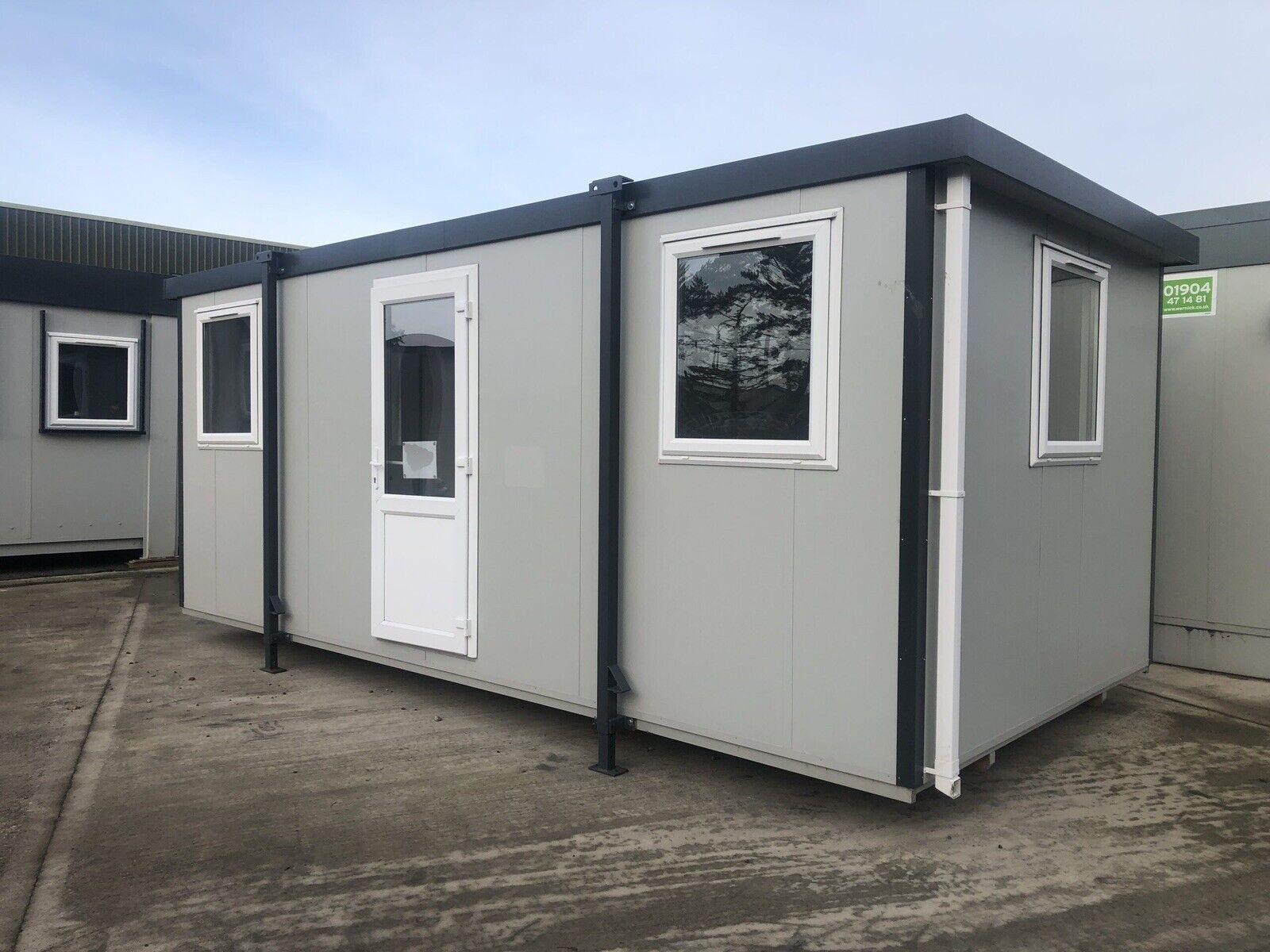Mastering the Art of Container Acquisition: Your Guide to Finding the Best Deals with a Container Trader
Shipping containers have become incredibly versatile, finding applications far beyond their original purpose. From storage solutions and pop-up shops to tiny homes and offices, containers offer a robust and adaptable foundation. However, navigating the container market and securing the best deals can be challenging. This comprehensive guide equips you with the knowledge and strategies you need to find the perfect container at the right price, working effectively with a container trader.
Understanding the Container Landscape: Types, Sizes, and Conditions
Before diving into deals, it's crucial to understand the different types of containers available:
- Shipping Containers (Dry Vans): These are the standard containers used for transporting goods. They come in various sizes, with 20-foot and 40-foot lengths being the most common.
- High Cube Containers: These containers are similar to standard shipping containers but are taller, providing extra headroom.
- Reefer Containers (Refrigerated Containers): These containers have built-in refrigeration units, used for transporting temperature-sensitive goods.
- Open Top Containers: These containers have no top, making them suitable for oversized cargo.
- Flat Rack Containers: These containers have no sides or top, used for transporting heavy or unusually shaped cargo.
Understanding the condition of a container is equally important:
- New (One Trip): These containers have been used only once for shipping. They are in excellent condition and typically command a higher price.
- Used (Cargo Worthy): These containers are in good condition and suitable for shipping cargo. They may have some minor dents or scratches but are structurally sound.
- Used (Wind and Watertight): These containers are guaranteed to be wind and watertight, making them suitable for storage or other non-shipping applications. They may have more cosmetic imperfections.
- As-Is: These containers are sold in their current condition, which may vary significantly. They are typically the cheapest option but may require repairs.
Finding a Reputable Container Trader: Due Diligence is Key
Choosing the right container trader is crucial for a smooth and successful transaction. Here are some tips for finding a reputable trader:
- Research and Reviews: Look for online reviews and testimonials from previous customers. Check with industry associations or online forums for recommendations.
- Experience and Expertise: Choose a trader with extensive experience in the container industry. They should be knowledgeable about different container types, conditions, and market trends.
- Inventory and Availability: A reputable trader should have a good inventory of containers available and be able to source specific containers if needed.
- Transparency and Communication: The trader should be transparent about pricing, container conditions, and delivery options. They should be responsive to your inquiries and provide clear and concise information.
- Physical Inspection: Whenever possible, physically inspect the container before purchasing it. This will allow you to assess its condition and ensure it meets your requirements.
- Secure Payment Methods: Ensure the trader offers secure payment methods and provides a clear and detailed invoice.
Negotiating the Best Price: Tips and Strategies
Negotiating the best price for your container requires some research and strategic thinking:
- Market Research: Research the current market prices for the type and condition of container you're interested in. This will give you a benchmark for your negotiations.
- Timing: The container market can fluctuate depending on supply and demand. Being flexible with your timing may allow you to secure better deals.
- Volume Discounts: If you're purchasing multiple containers, negotiate for a volume discount.
- Cash Offers: Offering to pay in cash may give you some leverage in negotiations.
- Inspection and Flaws: Point out any flaws or imperfections you notice during the inspection, as this can be a point of negotiation.
- Be Prepared to Walk Away: Don't be afraid to walk away from a deal if you're not satisfied with the price or the condition of the container.
Delivery and Logistics: Planning Ahead
Once you've purchased your container, you'll need to arrange for delivery. Consider the following:
- Delivery Costs: Get quotes from multiple trucking companies to find the best rates.
- Delivery Access: Ensure that the delivery truck can access your site and that there is enough space to place the container.
- Crane or Forklift: Depending on the size and weight of the container, you may need to hire a crane or forklift for unloading.
Beyond the Purchase: Long-Term Considerations
After acquiring your container, consider these long-term factors:
- Maintenance: Regularly inspect your container for any signs of damage or wear and tear. Address any issues promptly to prolong its lifespan.
- Modifications: Depending on your intended use, you may need to modify your container, such as adding insulation, windows, doors, or electrical wiring.
- Resale Value: If you plan to resell your container in the future, maintaining it in good condition will help retain its value.
The Evolving Container Market: Staying Informed
The container market is dynamic, influenced by global trade, economic conditions, and environmental concerns. Staying informed about market trends can help you make informed decisions and secure the best deals. Follow industry news, subscribe to newsletters, and connect with container professionals to stay up-to-date.
Conclusion: Your Key to Container Success
Acquiring a container can be a cost-effective and versatile solution for a variety of needs. By understanding the container landscape, working with reputable traders, negotiating effectively, and planning for delivery and logistics, you can master the art of container acquisition and find the best deals. With careful research and strategic planning, you can transform a simple shipping container into a valuable asset for your business or personal use.

Comments
Post a Comment